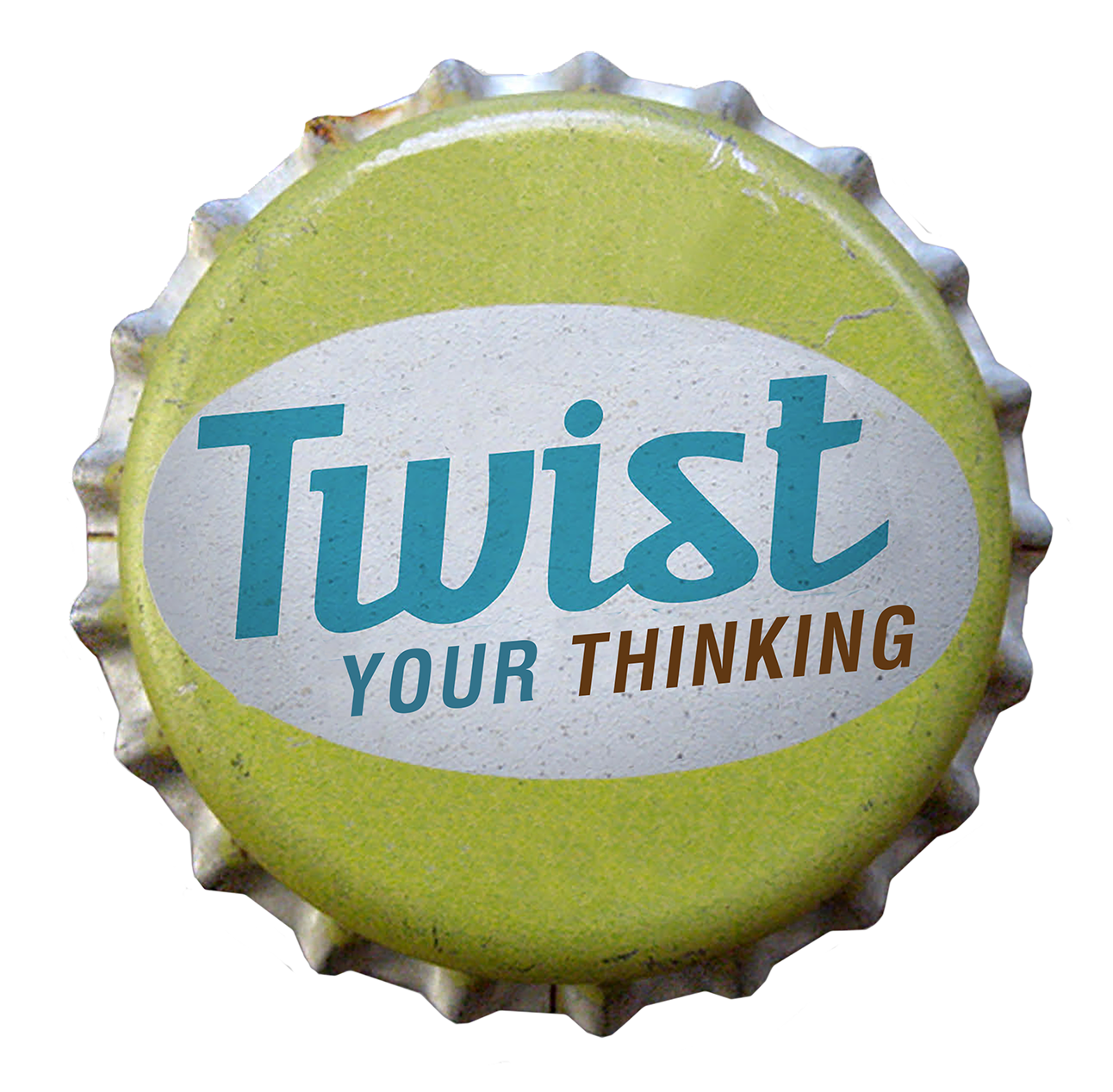If you have questions, I can help. I’ve been running a company remotely for almost a dozen years. Based on completely unscientific research, (diligently observing both Facebook and Instagram), here are the top three questions people want answered, along with three bonus tips.
1. Do I have to wear pants?
The first question you may have is, what qualifies as pants? Sweatpants? Yoga pants? Pajama pants? The answer is, it doesn’t matter. What’s in your mindset is more important than what’s on your body. If wearing sweatpants, yoga pants or pajama pants puts you in a productive state of mind, go for it. If it makes you sleepy, put on something with a belt.
2. What about my kids?
Depends on the situation. If a video meeting isn’t going well, bring ‘em in and let the cuteness work its magic. A little levity can’t hurt. If showing that you’re a fun-loving, accepting parent, maybe the folks on the other end of the call will have empathy for you. You could even give your kids lines to rehearse, like “Dada/Mama, come play!”
3. What about my dog?
One word: bones. If you’ve got a big dog, get a big bone. People who love dogs will love seeing your dog, and hearing said dog, for a bit. But the more a dog disrupts a call, the more it can devolve from sweet and funny to annoying and unproductive. My dog’s the sweetest dog in the world, but only for so long. You can also give poochy some outside time. Dogs need exercise. Zoom calls are good excuses to get them more.
Tip #1: Snooze
As you’ve already realized, self-care is crucial, starting with sleep. You may have heard about or read the book Why Sleep Matters. I don’t want to be all TLDR-y but I can sum it up pretty briefly: Sleep is good for you. It’s good for your brain, body, and life. It helps you be more productive and just plain happier. So a), hit the snooze button in the morning. Hit it twice if you want, get a few extra minutes of sleep, you don’t have to commute anywhere except downstairs. And b), nap. The great thing about working remotely is you can schedule “meetings” that are actually little breaks where you close your eyes. Just don’t abuse the privilege, and don’t rampage through the pantry when you wake up, like I sometimes do (and regret within minutes).
Tip #2: Move your body
Do workplace yoga, walk your dog, turn your unmoving stairs into a Stairmaster. Watch fitness videos. Companies like Blink Fitness and Orange Theory are offering them for free during these challenging weeks. Activate your body and it will activate your mind.
Tip #3: Make dates
Even though you can’t meet in person with trusted advisors and confidantes, you can still get together with them online. I’ve spent more time on Zoom in the past week than I did in the past year, catching up and working with friends, mentors, and coaching clients. If NASCAR can run a virtual race, you can have virtual coffees.
Super bonus tip:
There’s an incredibly productive, efficient and useful tool called a Language Audit that’s perfect for a company to do while they’re working remotely. Click here if you want to Zoom about it, pants optional.















